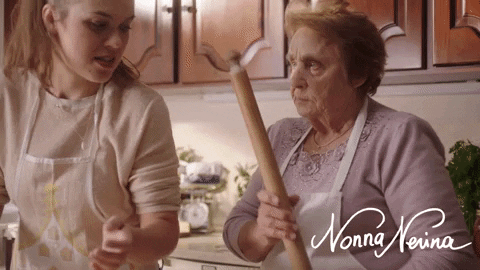The other day I saw a video of a young Italian guy — probably in his early 30s — who said:
“I always thought it was just an Italian thing to speak with your hands.
But now I realize that ADHD people do this too.
Maybe we Italians all have ADHD!”
At first I laughed.
Then I paused.
Because he might’ve unknowingly touched on something very real — something I call the NeuroDiaspora.
In many Mediterranean cultures — from Sicily to Morocco, Lebanon to Andalusia — expression isn’t just encouraged, it’s expected. Hands move, voices rise, emotions shift quickly and dramatically. It’s a kind of embodied improvisation, a theatre of instinct and energy.
From a neurobiological perspective, this might be more than just “cultural spice.”
People with ADHD often have different emotional filters — the kind shaped by neurotransmitters like dopamine and serotonin. These chemicals regulate motivation, energy, mood, and the ability to filter what we feel before we express it.
So when you're raised in a culture where expression is the norm — where feelings move — it doesn’t feel like a disorder. It feels like style. Like rhythm. Like home.
🧬 And maybe there's a reason for that.
Mediterranean regions have always been crossroads: of migration, of trade, of empire. From the Moors in Sicily to Arab influences in Spain, from African roots in Naples to Phoenician traces in Tunisia — diversity has been the baseline, not the exception.
Which brings me to one of my favorite movie scenes of all time...
In True Romance (written by Quentin Tarantino), Dennis Hopper is being interrogated by a Sicilian mob boss, played by Christopher Walken. Hopper knows he's going to die, so he decides to go out swinging. He taunts the boss by saying that Sicilians have dark hair because of African bloodlines — a reference to the Moors’ historical influence on the region.
It's brutal.
It's political.
It's true.
And it reminds us: cultural identity is often shaped by movement, by mixing — by diaspora.
So maybe what we call "ADHD" in the clinic…
Was just "being Italian" at the dinner table.
Or "being Moroccan" in the market.
Or "being Puerto Rican" at a family gathering.
Or "being loud, alive and in sync" — with emotion, rhythm, and community.














Share this post